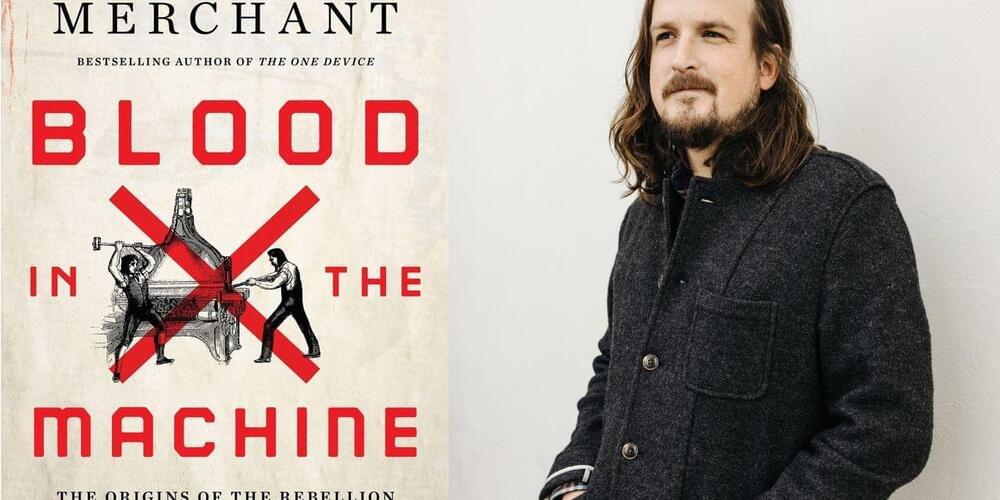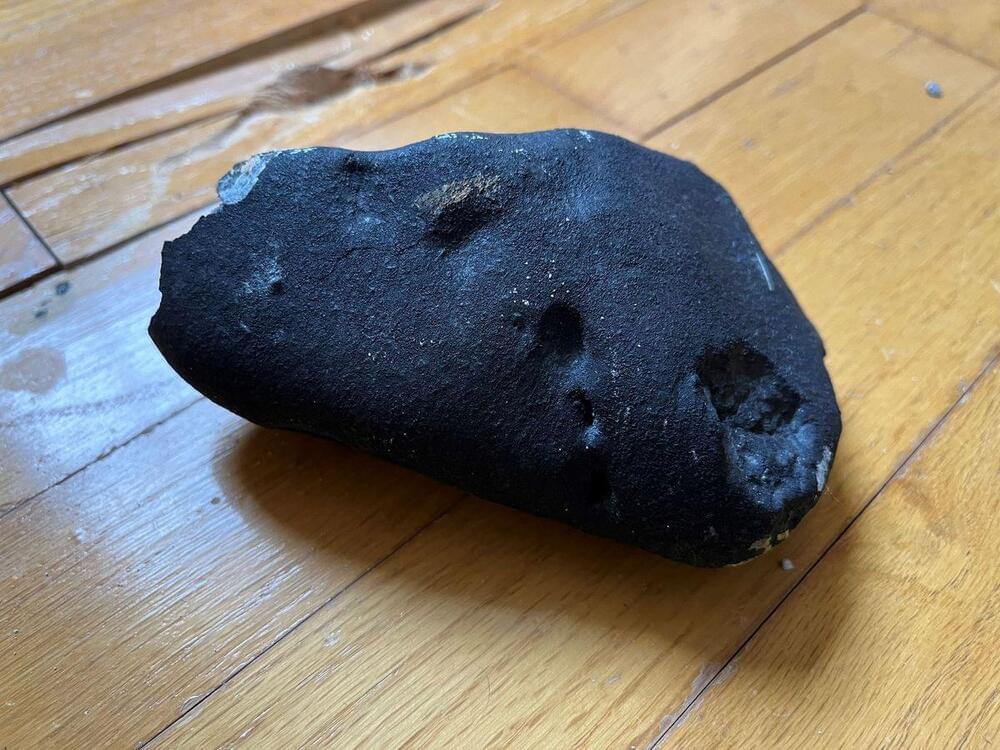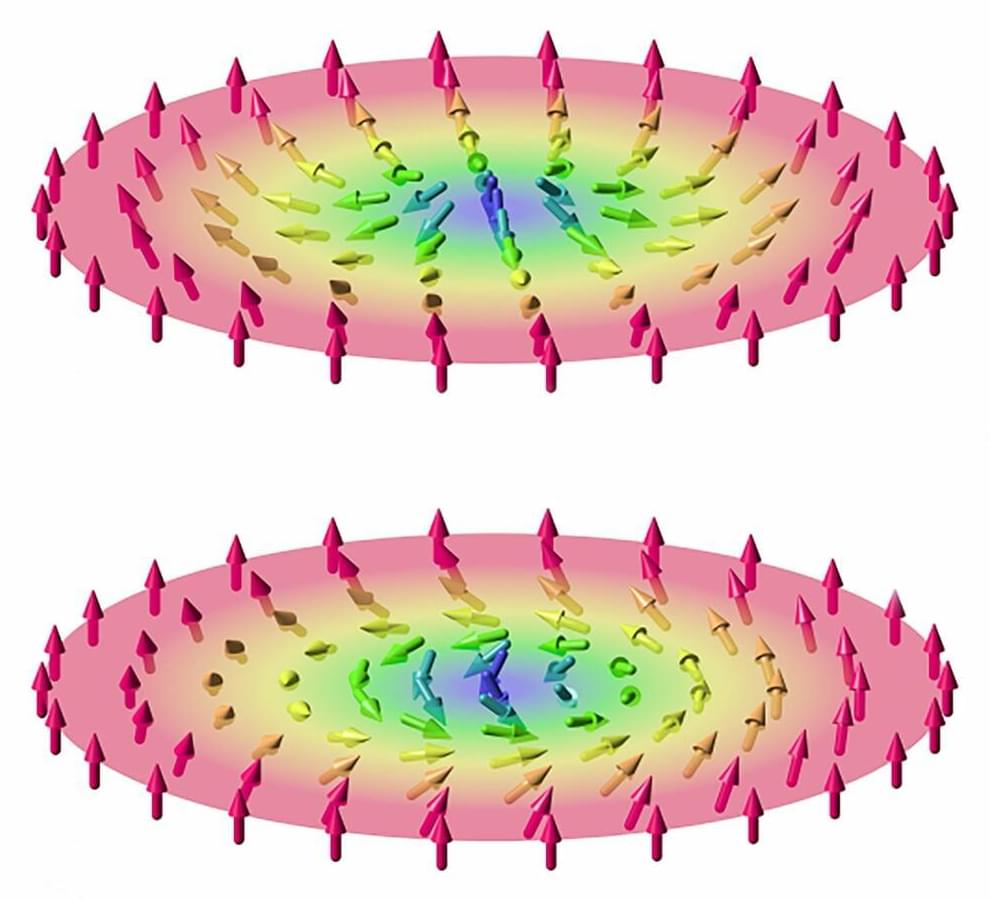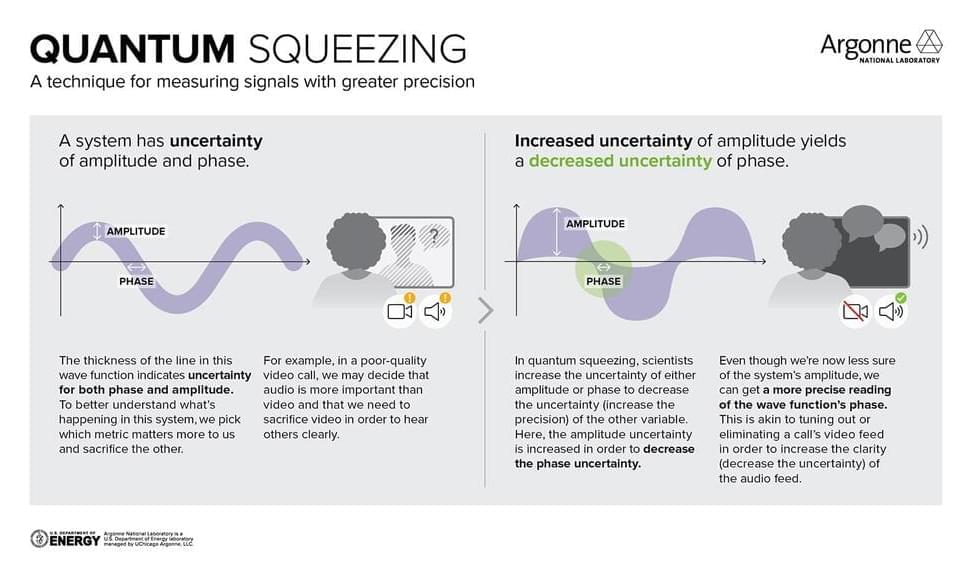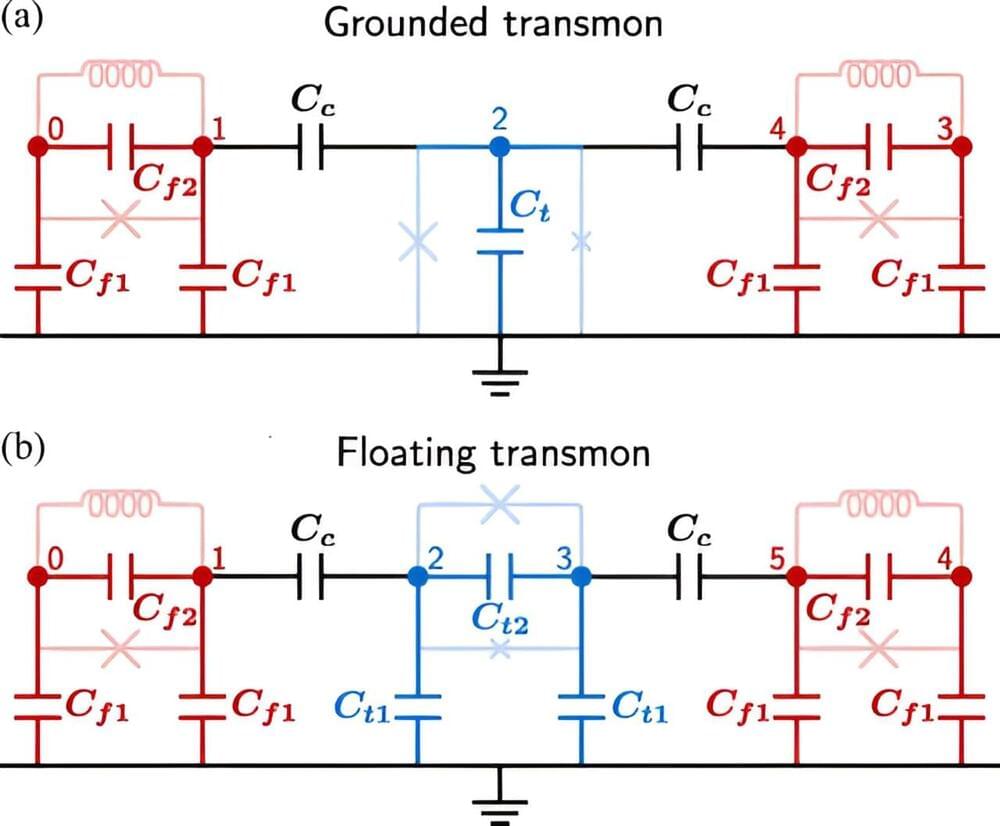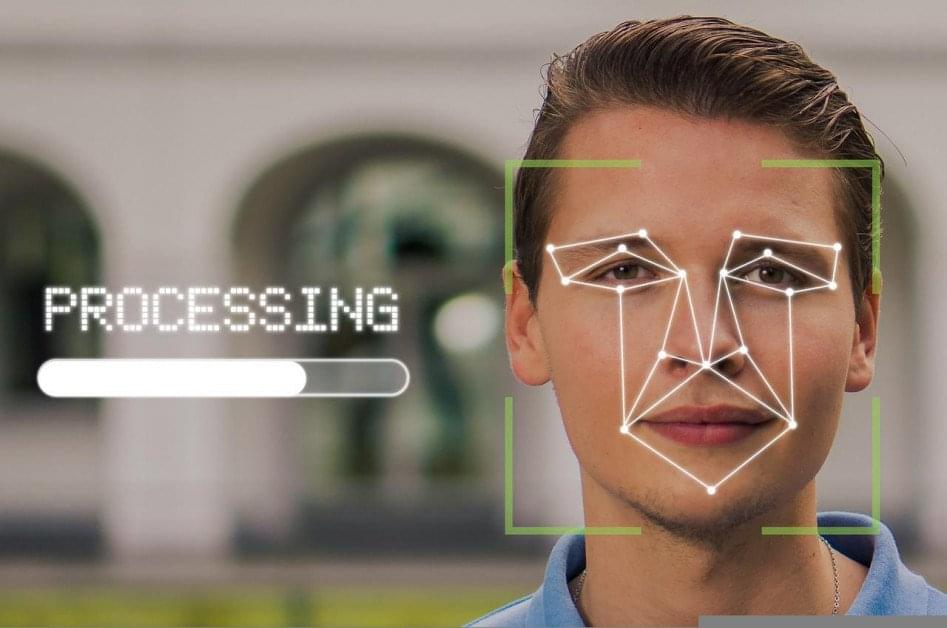Not all wages are bad. If you’re a doctor or nurse you can earn decent. Even a PC tech can earn around $24 an hour or more and cyber security 100k and if you are an engineer you can earn a lot. If you work in a gas station however you won’t earn much. If you are in assembly not much either. It takes skills to earn money. Plus the politicians determine the wages too, it’s not all on big tech. Some tech companies pay more than others of course but knowing AI will increase your wages. They have courses on ChatGPT online now. Even if you run a farm you earn the most money. They’re afraid of progress or I dunno what. Yes we proceed with caution but it’s not like we stop. China won’t nor Russia nor the Middle East etc and even if we’re not in conflict we’ll be left behind.
New book re-examines textile workers’ uprising against the use of technology to erase jobs centuries ago in light of similar problems stemming from AI.
